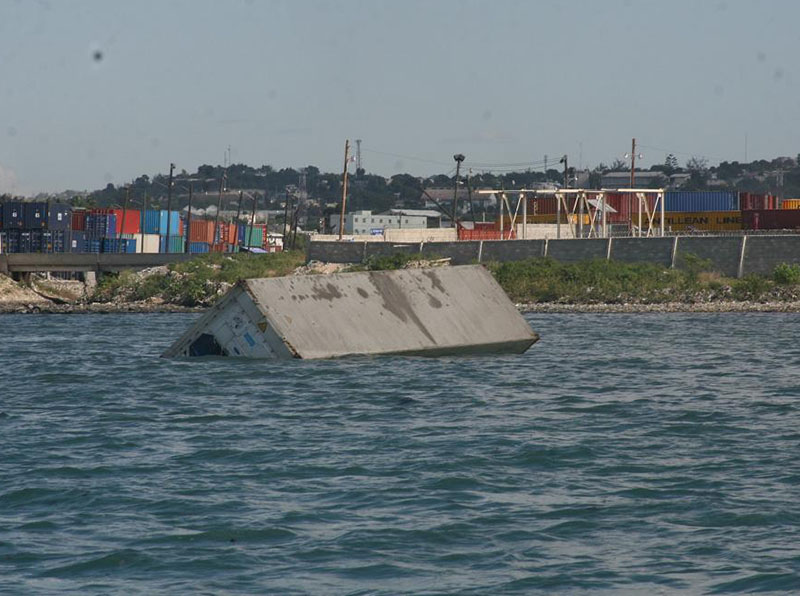Maritime law is unique in many ways, particularly when it relates to resolving property losses caused by perils of the sea. The law of general average is a prime example of this distinct feature of admiralty law.
In a nutshell, general average provides for the compulsory sharing of losses at sea between the carrier/ship owner and the cargo owner. It is based on the fact that the carriage of goods by sea has inherent risks, and those risks should be borne by all parties involved in that common venture.
The law of general average typically arises when a ship’s cargo is jettisoned or a vessel takes measures that result in added costs of carriage as a means of avoiding an impending danger during the voyage.
For example, if a ship is too heavily laden to withstand unexpected rough seas or threatening weather, it can sacrifice some of its cargo, delay or reroute the trip, or take similar steps to save the voyage and carriage from a total loss. The law of general average protects the carrier from covering the full extent of the losses resulting from such actions. The losses are spread equally among the ship, the cargo interests and others involved in the voyage.
However, general average is not automatically applied. To recover under a claim of general average, three factors must be established.
First, there was an imminent common danger or peril to the ship and/or cargo. Second, there was a voluntary jettison of the ship’s cargo or some other loss purposely incurred for purposes of avoiding the peril. Finally, and perhaps most importantly, the attempt to avoid the peril was successful.
Generally, the vessel owner/carrier cannot benefit from general average if the incident that led to the sacrificing of the cargo was due to its own fault. However, courts have recognized that the carrier and cargo owner can consent to general average by contract. Thus, bills of lading and other contracts of carriage now typically include provisions that the carrier is entitled to a general average contribution even when the need arises by its own fault.





